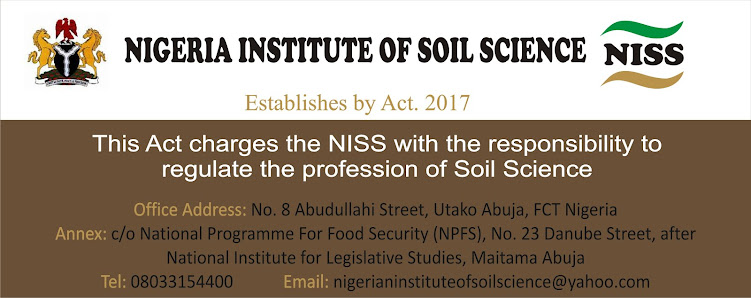| The price of a basket of tomatoes in Nigeria has soared |
Nigerian researchers say they have
found a pesticide capable of killing a species of moth that has ravaged
the country's tomato crop.

| The price of a basket of tomatoes in Nigeria has soared |
| Four final year Mechanical Engineering students |
| agricultural sector |
 |
| Chief Audu Ogbeh and Senate President, Dr. Bukola Saraki |
| CASHEW |
| Fertilisers |
| Tomato is now gold |
| fish |
| Trees |
| Dr Markus Avong |